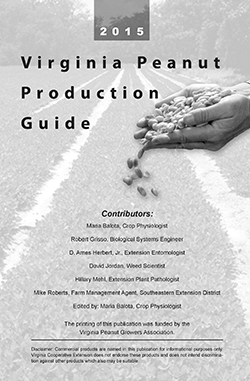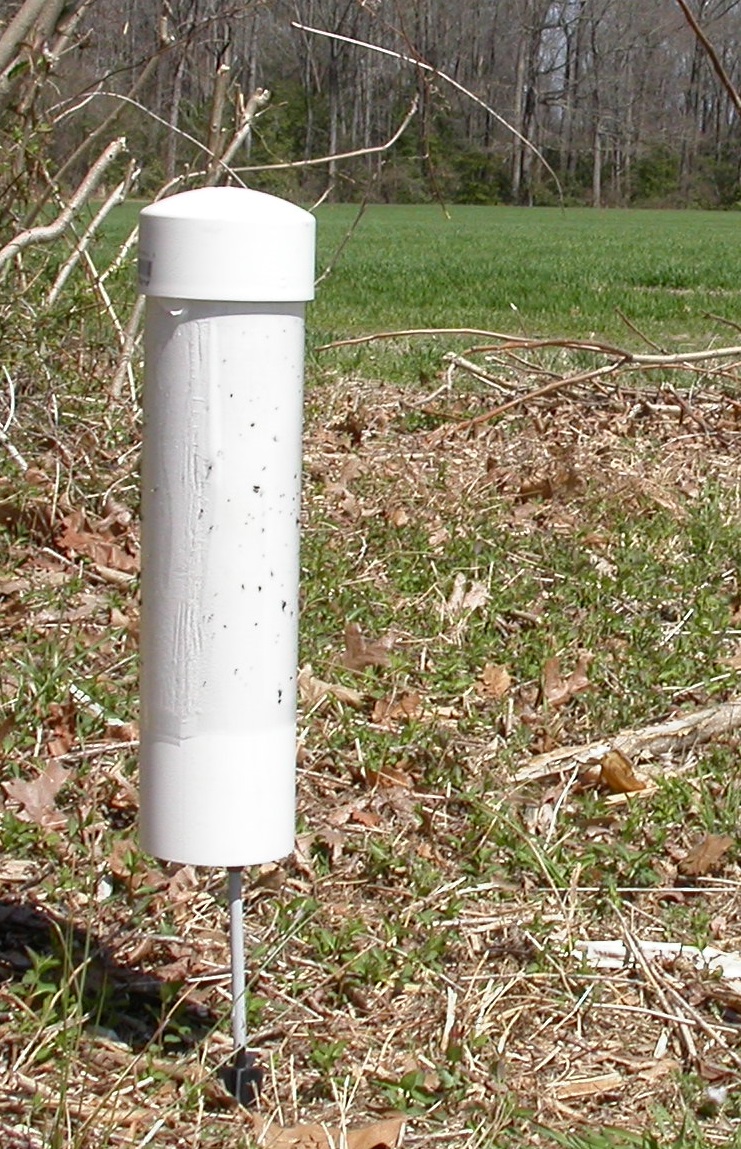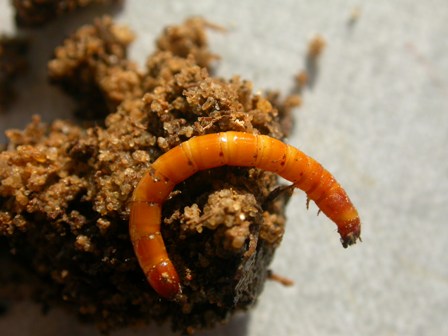Variety selection. For Virginia and Carolinas (VC) the preferred Virginia market-type cultivar was Bailey followed by Sugg, in 2013 and 2014. Both have good disease package, Bailey more than Sugg, but none has the high oleic trait. This may not be a major concern for farmers (even though I hear that shellers pay premiums for the high oleic cultivars) but is increasingly so for shellers, processors and, most importantly, consumers. High oleic oil profile alternatives with very good disease resistance are Sullivan and Wynne, 2013 releases. Sullivan is similar in seed size with Bailey and yielded better than Bailey in variety trials across the VC region in 2014. It was more resistant to diseases than Bailey, too (credit to Dr. Mehl). Wynne is a larger seeded cultivar, larger than Sugg, with excellent yields in 2013. Seed of Sullivan and Wynne may not yet be abundantly available to farmers but, if you can get some, I encourage you to try these two new cultivars this year.
Potash. This note was inspired by some of Dr. Jordan’s notes to the Extension Agents in North Carolina. For some growers, soil test results recommended application this year of potash for peanut and they did not know what to do. Usually, potassium is not a common application for peanut but, due to excessive soil moisture we have had in 2014 and up to now, potassium may have been leached through the soil profile. I have a similar situation in my own backyard. If the soil tests recommend potash application, do so. Of course, make sure after this to apply the required rate of gypsum at the optimum recommended time by the VA Peanut Production Guide. VA Peanut Guide 
Inoculant. Here we are again! Remember last year when we recommended applying inoculant regardless the number of years of peanut rotation? It was because too much water standing in the field and we speculated that this could have killed the bacteria. Do the same this year. Trials conducted by Dr. Jordan in North Carolina from 1999 through 2014 showed 1,565 lbs/acre yield increase in new peanut land and almost 200 lbs/acre in regular peanut fields by applying in-furrow liquid or granular inoculant. For best results however, the inoculant needs to be delivered right on top of the seed and not on the soil aside. We use Optimize Lift brand mixed with Admire-Pro and Proline for several years, just like Dr. Herbert’s group. Ammonium sulfate did not increase yield relative to the no-inoculant and no-ammonium sulfate treated controls in half of the tests conducted by Jordan in North Carolina.




